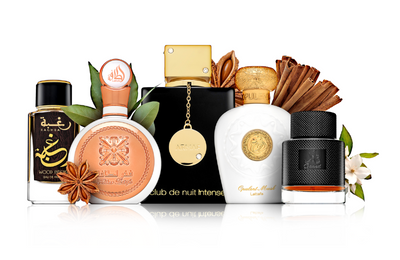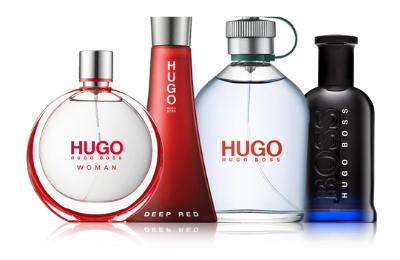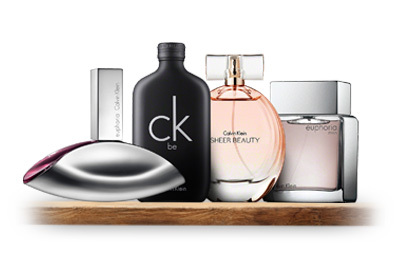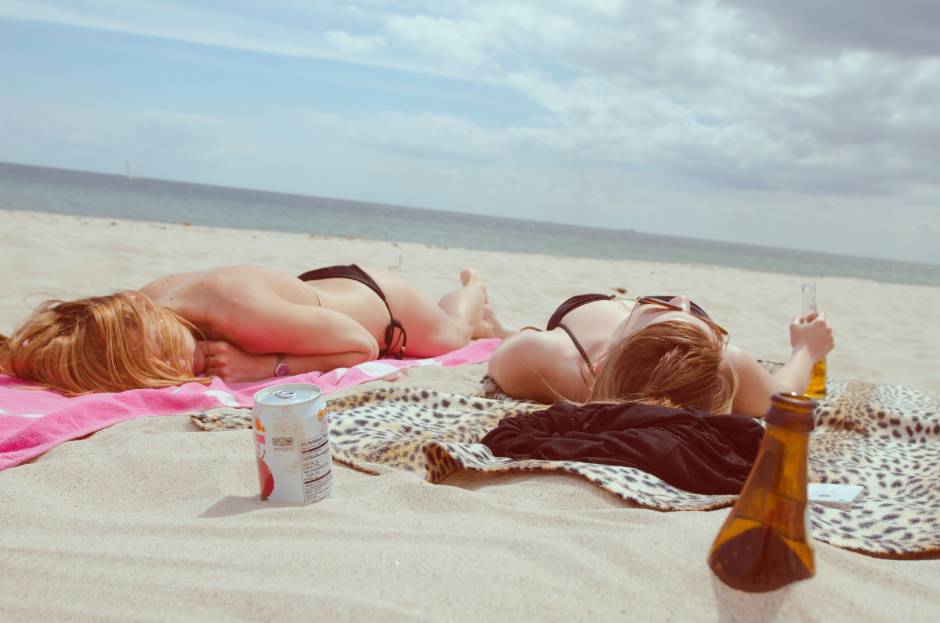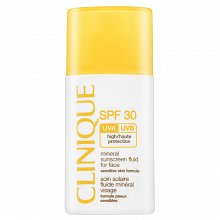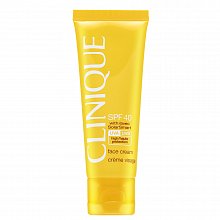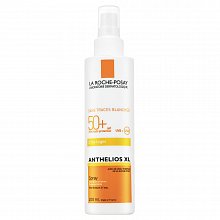Flawless tan suits everyone. Despite all the warnings and scepticism of dermatologists, a beautiful tan will always be a popular souvenir of the summer holidays and hardly anyone would give it up voluntarily. So how to make sure that sunbathing is not in conflict with our health?
Gifts of the sun
Sunlight allows life on earth. Its effects on plants, animals and our organism are in many respects indispensable. It benefits our physical condition (stimulates the production of vitamin D, which benefits bones, improves the immune system) and mental health (stops the production of melatonin, sleep hormone and promotes serotonin, which improves our mood) and even eliminates the effects of an unhealthy lifestyle (lowers blood pressure and cholesterol).
Plus, it makes us more beautiful. This can certainly be confirmed not only by bronze-tanned people but also by patients with skin problems who have much fewer symptoms in the summer. The sun also has anti-inflammatory effects.
Tanning as a natural skin protection

So the sun is beneficial for us and there is no need to say goodbye to beautifully tanned skin. You just need to protect it and follow a few rules of healthy sunbathing. Above all, prevent burns. The best way to prevent it is to regularly expose the skin to the sun from the spring months and give it the opportunity to create a gentle tan that will act as a natural defense of the skin against harmful radiation until the summer. During this time, it is advisable to support the tanning process: try the miraculous beta-carotene in food supplements or carrot suntan oil instead of the usual sunscreen.
Do not underestimate the risks of burns
A sudden high dose of sunlight, for example after a long winter without the use of sunscreen, can be very stressful for the skin. The high June sun on holiday should definitely not be the first sun contact of the year! Under these conditions, even darker phototypes that are not extremely sensitive can burn in as little as 15 to 20 minutes in the sun. The risks of burnt skin are often underestimated. Not only does each sunburn accelerate skin ageing, but ultraviolet radiation even damages cell DNA, which can lead to skin cancer.
What are the means to protection against the sun?
To avoid skin burns and ageing, we should always use quality sunscreen products, labelled with SPF (Sun Protection Factor). This factor is an indicator that is calculated from the time spent in the sun and the moment when the skin begins to redden. The SPF value of sunscreens is always guaranteed by dermatological institutes, which have proven their ability to absorb UV rays.
SPF is a math
Divide the planned time in the sun by the time it takes for your skin to turn red without protective equipment and you get the SPF value. The calculation is not complicated, but it is quite challenging for practical life. In addition, you probably won't want to get a cream with a different SPF every day. It makes sense that you don't have to work for a long time above the SPF value. By the way: the skin tans the same regardless of the amount of SPF of the sunscreen, so do not be afraid to reach for the highest.
Sunbathing without regrets
Sunscreen or suntan oil should be applied consistently, preferably 30 minutes before sunbathing. Like perfumes, we use sunscreen several times a day because their effectiveness decreases over time, especially after swimming or physical activity. This also applies if you have applied a product marked as waterproof. This property cannot be guaranteed and even the European Union clearly calls for the restoration of the protective layer, regardless of the description on the label.
But beware: repeated use or layering of sunscreens and oils does not prolong the recommended time in the sun, but only ensures the maintenance of said SPF.
The midday sun is the worst
Much of the hazardous UV radiation is filtered out by the ozone layer in the stratosphere. But if the sun is very high, it works only to a limited extent. Therefore, the morning and evening sun, which casts long shadows, is less dangerous. One of the main rules of healthy sunbathing is to avoid the sun at lunch time, between 11:00 and 14:00, when UV radiation is strongest.
Category
Recommended articles
"Give a girl the right shoes and she can conquer the world!" Marilyn Monroe

